Dear Sir,
I have not subscribed to your magazine so far, and the reason is simple: heading down to the local magazine racks on a weekend to find out what is in store in the forthcoming issue, and being pleasantly surprised with my new find, is not a pleasure I want to deny myself. And the November 2007 issue illustrates the point.
The articles published relating to John Birch, and the Greek Civil War arising out of the conclusion of European hostilities, are not at all what one would expect from a popular magazine covering World War II. The choice of these subjects demonstrates an awareness that the history of this conflict is much more than one of just revisiting well-known battles and republishing photos of German armor, as interesting as that is. Both articles broke new ground for a popular magazine covering the conflict and offer a new dimension to understanding the war, its participants, and the affect it had on all nations. The fact that both articles were well written and detailed doesn’t hurt at all either.
Finally, I want to thank you for your past articles touching on the Canadian military in World War II. As Canada emerges from years of officially sanctioned slighting of its lengthy military history, and in particular the contribution that our soldiers and sailors made in the last two world wars, your articles are being read in this country. I make sure my sons see them. We hope that you will continue to publish such articles as the opportunity arises.
So, you will forgive me perhaps if I continue to make my trip to the magazine store an event to look forward to.
Brian J. Konst
via e-mail
Betrayal of the Prosper Circle
Dear Editor,
In reference to Top Secret (September 2007), Inyat Noor Khan aka Madeleine who was murdered in Natzweiler on July 6, 1944, was one of the few members of the Prosper Circuit to remain free and was only captured by the Germans when she was betrayed to them in the fall of 1943 out of jealously by Renee Garry, sister of her organizer Emile Garry, who was in love with France Antelme, and considered her as a rival for his affections.
Material collected post-World War II by Vera Atkins in her search for the ultimate fate of SOE agents led her to conclude that Dericourt was responsible for the betrayal of the Prosper Circuit and according to Kieffer, who she interviewed before he was executed for ordering the murder of five British commandos, Dericourt was a double agent working for Beomelberg and allowed him to see all the outward bound mail for London, copies of which were passed to Kieffer. This revelation was also confirmed by Dr. Goertz and Hugo Bleicher and Atkins wanted to see Dericourt prosecuted for treachery by the British but this never happened, though a French trial collapsed in 1948 when Bodington appeared for the defense and Dericourt was acquitted.
Whether Dericourt betrayed the Prosper Circuit to the Germans on the orders of Buckmaster’s superiors or was a double agent is still unclear but Sara Helm’s biography of Vera Atkins, A Life in Secrets: The Story of Vera Atkins and the Lost Agents of SOE, gives a remarkable insight into what Vera Atkins uncovered and retained in files in her personal possession until her death.
James Scannell
Dublin, Ireland
FDR and Pearl Harbor: A Response
Dear Editor,
In response to reader Wayne Costigan’s diatribe against his own government in “FDR and Pearl Harbor” (Dispatches, September 2007 issue), are you kidding me? Somehow he missed the fact that the Japanese government spent years preparing an offensive weapon, i.e., a carrier strike force, in order to use it. The fact that they did utilize it with brutal efficiency is blamed on our own president by Mr. Costigan. Indeed, he implies blame for just about everything on our “all powerful” government when said entity can’t keep a single secret! Talk about blaming the victim. He seems to miss the existence of Al Queda’s training for years to strike us on September 11 instead of blaming the tragedy on ourselves. The human purposes behind events are most often very obvious. Evil people do attack the more righteous all the time, “conspiring” to catch them off guard. Mr. Costigan’s all-knowing arrogance is the kind of nonsense that will get us all killed while blaming ourselves for the act!
Doug Kuhn
Dryden, Michigan
Tanks in the Philippines
Dear Editor:
The world knows of the courage and sacrifice of the Marines, Navy, and pilots that served in the Pacific, but little is ever said of the tanks and crews. My grandpa was in the Philippines during WWII driving a Sherman. He told his family he was on Mondoro, Mindanao, and Leyte, among others. He talked of the war and his service very little, stating he did not want to relive the horrors of that time. He told us he had spent his 21st birthday under a burnt-out tank. He was in Company C of the 716th Tank Battalion. I have tried every search I can think of and cannot find out any information on the tanks that served in the Philippines. I believe their story should be told. If not for the tanks, the Marines would not have been able to succeed in Mac Arthur’s return to the Philippines.
Jennifer Hudson
Hernshaw, Wet Virginia
Patton’s Dyslexia
Dear Editor:
I would respectfully disagree with Professor Glen Jeansonne’s theory regarding General George S. Patton Jr.’s possible affliction with dyslexia (Insight, “A Life Shaped by Dyslexia,” January 2008 issue). I am currently writing a World War II novel with Patton as one of the main characters. After my extensive research as a military historian, I am more inclined to attribute the general’s personality traits to the “dash and elan” of the sort uniquely found in other great tactical pursuit commanders such as Rommel. These inherent qualities are commonplace among this type of gifted soldier. A better case could possibly be argued for bipolar disorder instead, if anything. Violent mood swings are not uncommon in persons subjected to such tremendous stress and responsibility as they were. In any event, such personality traits can result in fantastic victories or great failures, as in Rommel’s case in Africa and Normandy or Patton’s in the Ardennes and his calamitous raid to rescue his son-in-law from a POW camp. It is my opinion that neither of these brilliant soldiers should have been promoted above corps command in the first place, as that is where such temperaments make the best use of their gifts.
John Morgan
Doylestown, Pennsylvania
Note: Opinions expressed in “Dispatches” do not represent the opinions of the writers, editors, or staff of WWII History or Sovereign Media.
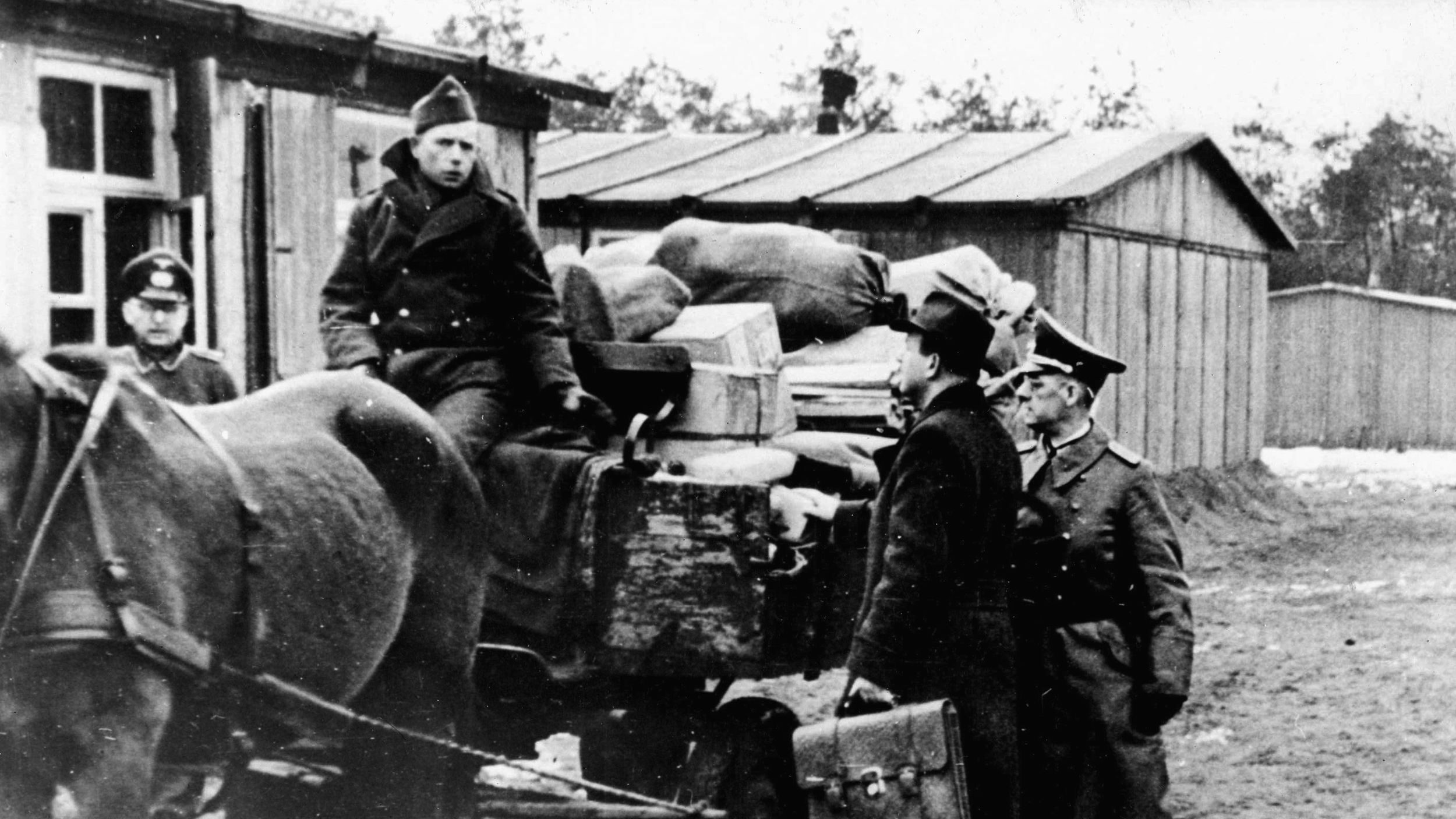
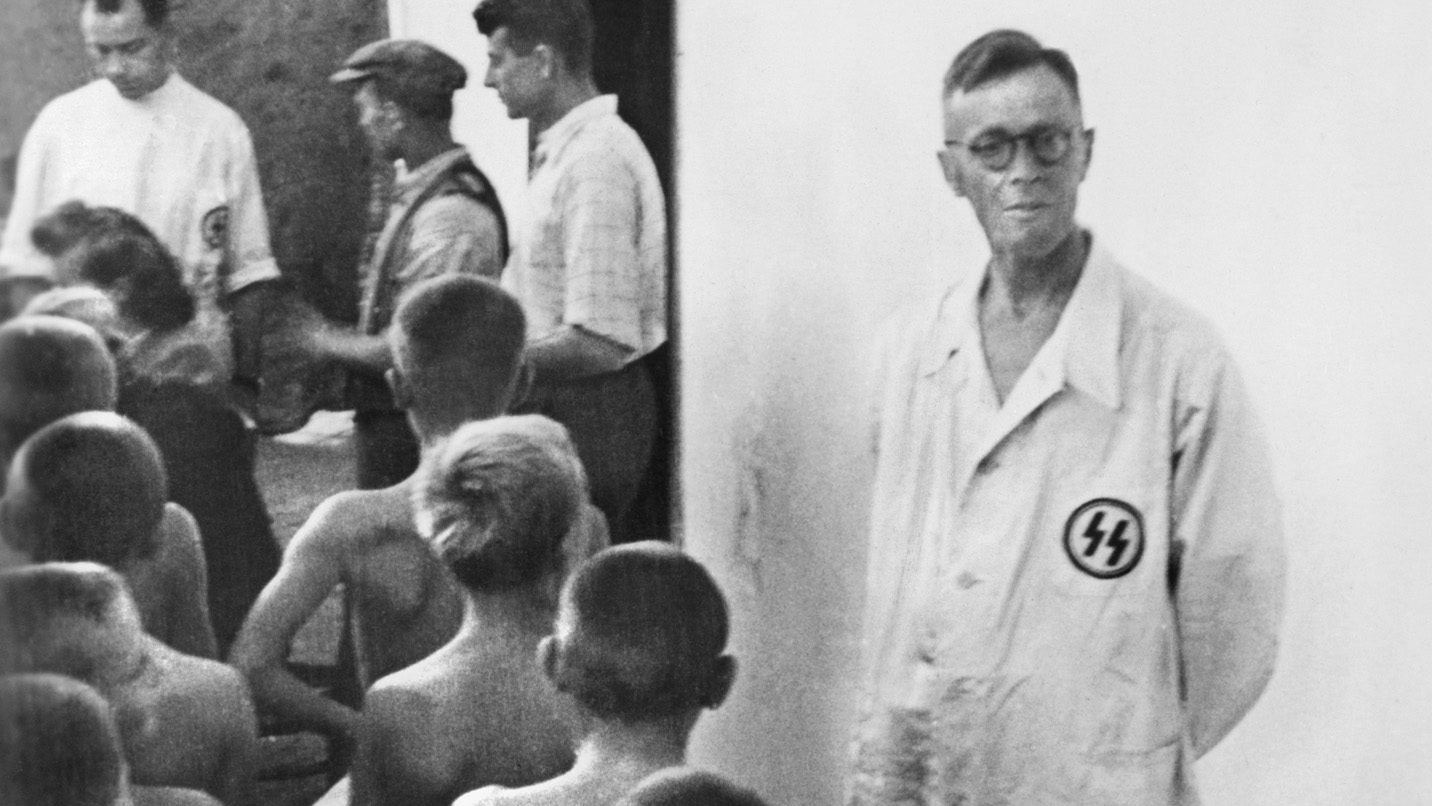
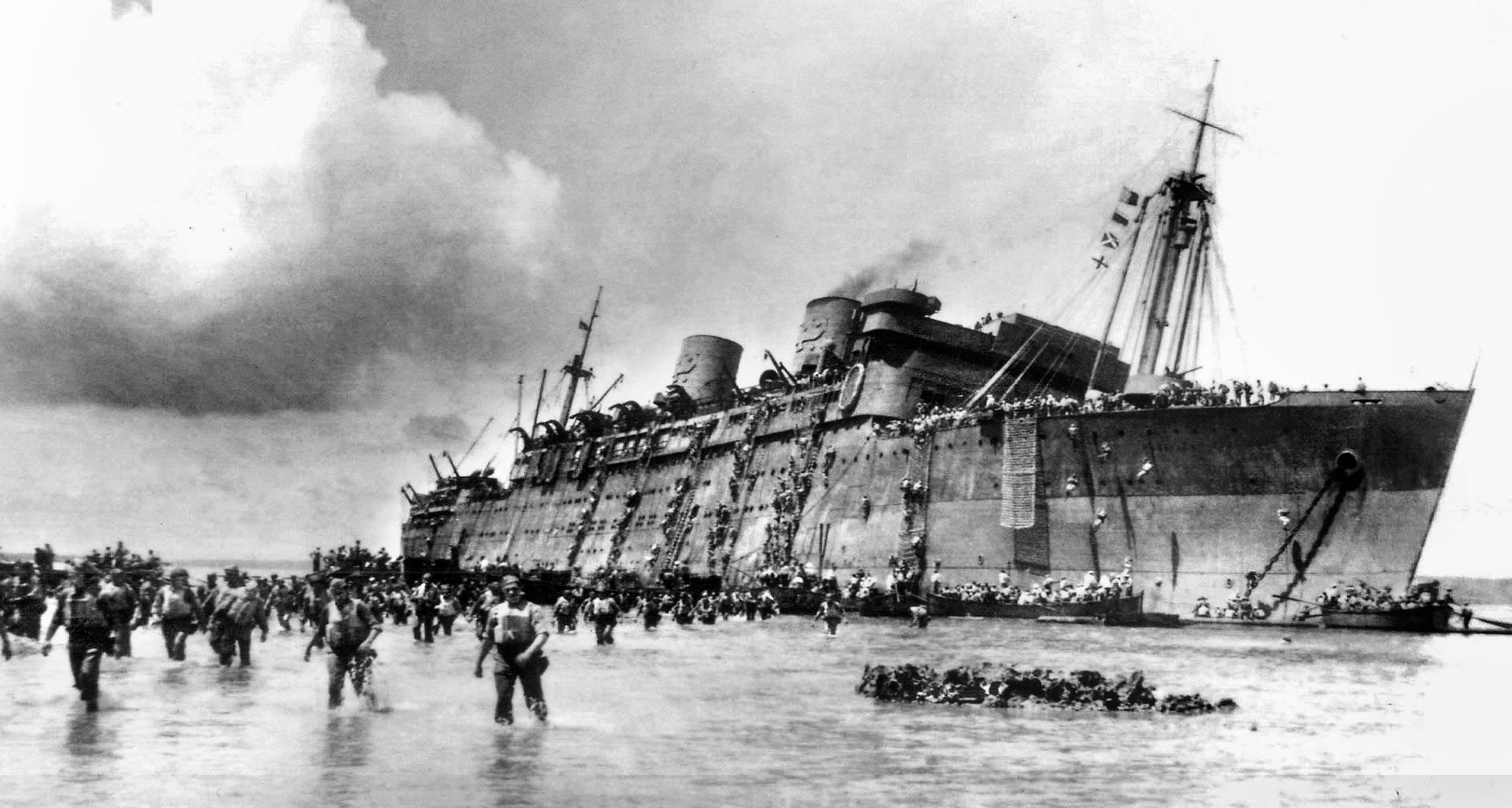
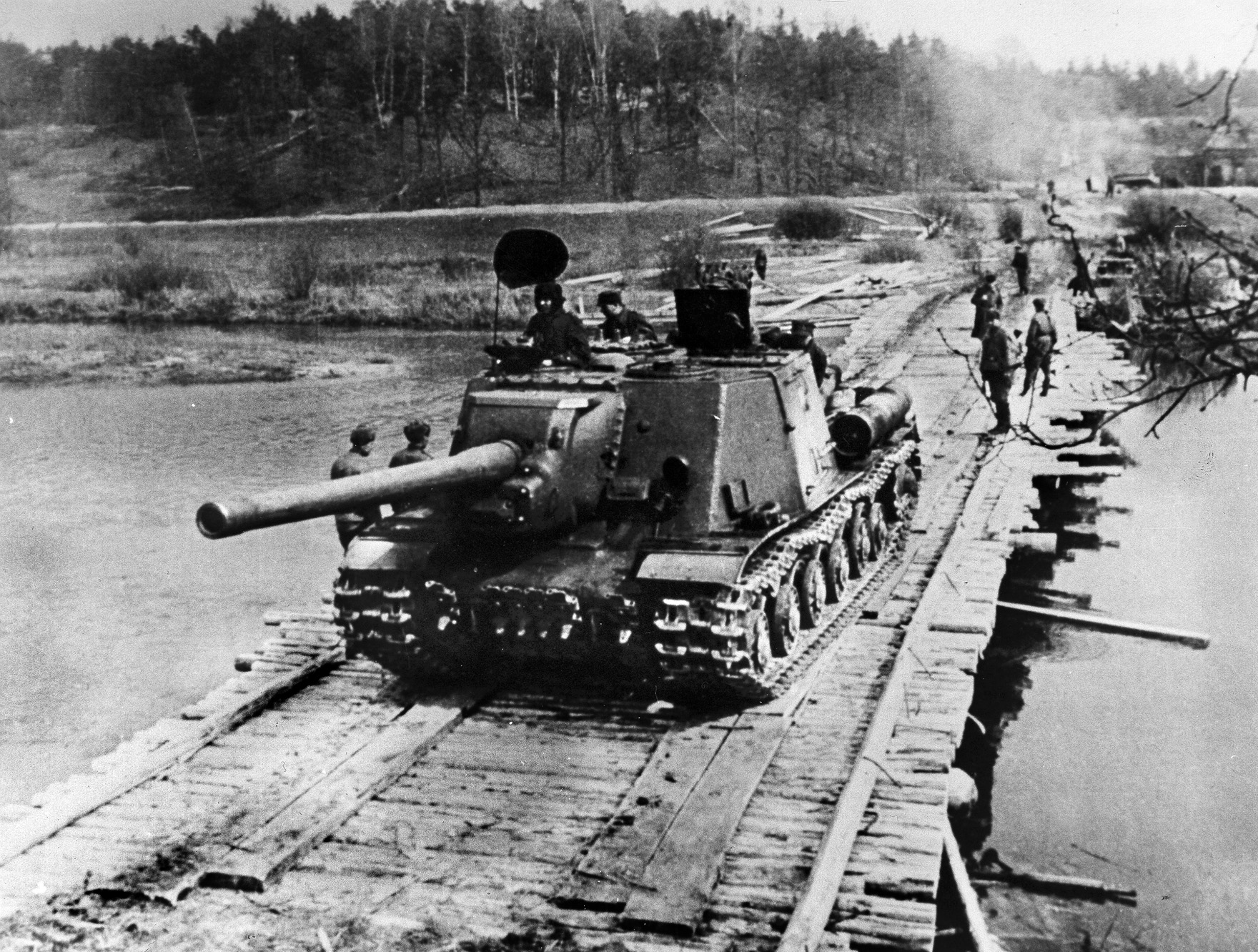
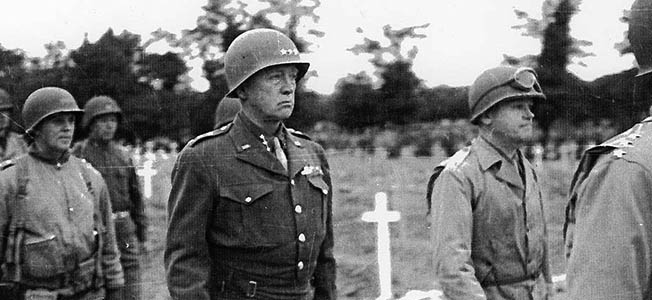
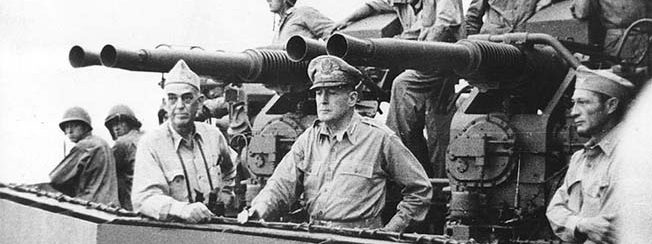
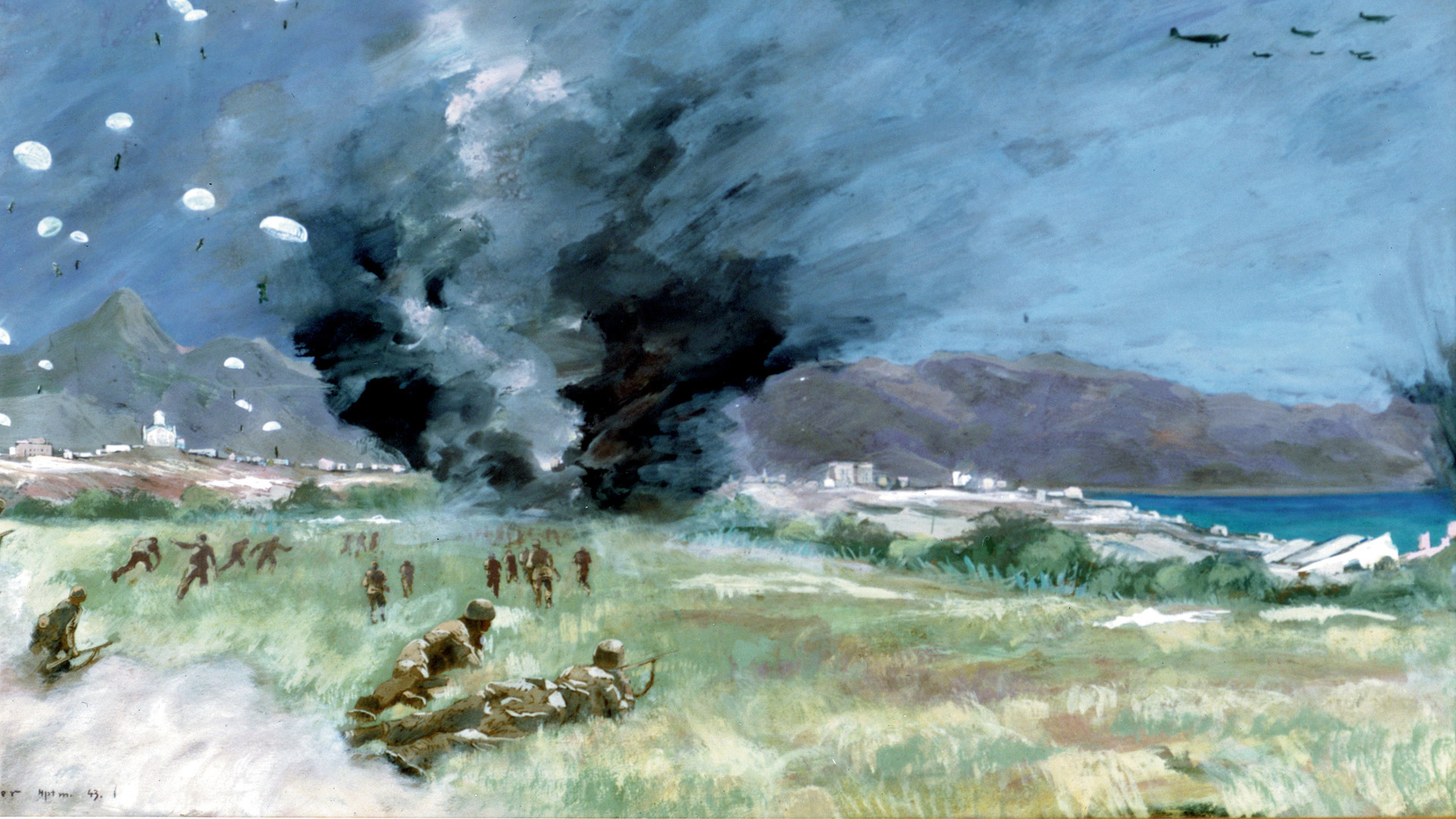
Join The Conversation
Comments
View All Comments